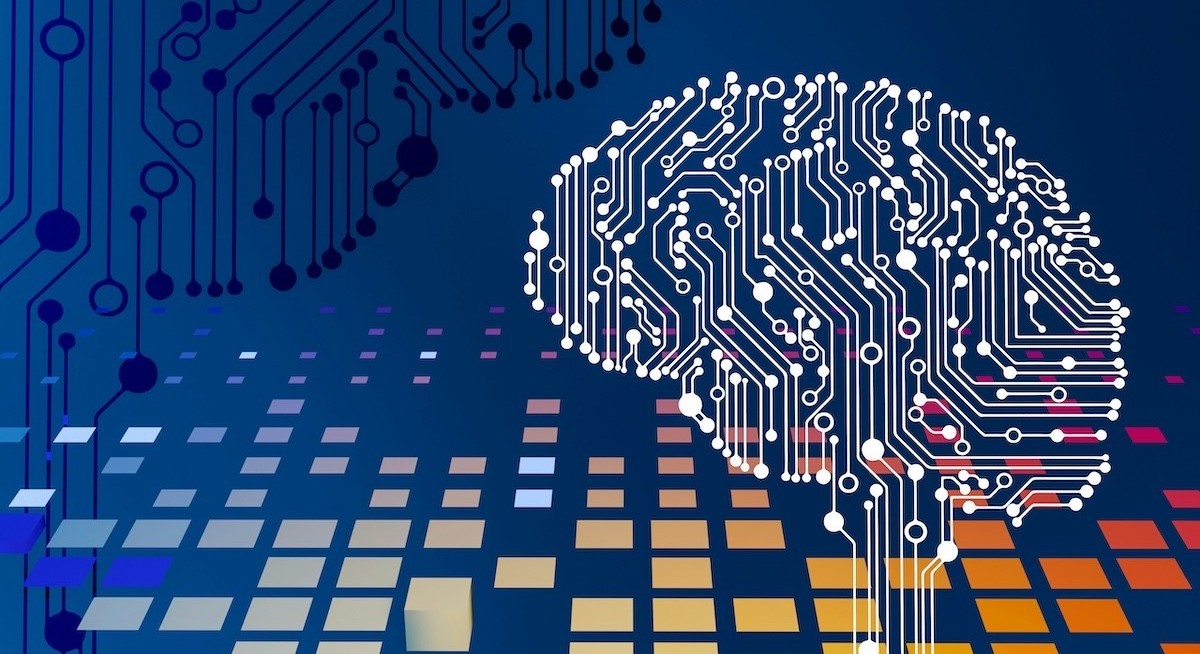To deliver on these goals, Univers is tapping into partnerships with Advanced Micro Devices (AMD), Microsoft, and the National University of Singapore (NUS).
AMD will provide real-time, secure AI capabilities at the edge for mission-critical distributed operations. "AMD is collaborating with Univers on the IAL to accelerate innovation and showcase the benefits of heterogeneous computing for powering edge AI and enabling enterprises to operate smarter, faster, and more securely at scale," says Yousef Khalilollahi, corporate vice president and general manager of AMD's Embedded Business Group.
Microsoft will contribute its cloud and AI capabilities to optimise infrastructure and operations. The tech giant is already partnering with Univers to improve energy efficiency in its data centres.
As for NUS, it is partnering with Univers on applied research and talent development through internships and career pathways. "This collaboration reflects NUS' commitment to building strong industry-academia partnerships that prepare our students to thrive in the age of AI. Our students will gain hands-on experience, mentorship and opportunities to apply their learning to address real-world challenges," says Professor Bernard Tan, senior vice-provost for undergraduate education at NUS.
See also: Microsoft’s new programme targets faster AI rollouts in Singapore
Meanwhile, the Infocomm Media Development Authority of Singapore will be advising on responsible AI practices and governance.
"AI and IoT achieve their full potential when powered by strong partnerships. IAL unites leading industry and academic expertise to transform innovation into enterprise advantage," says Michael Ding, global executive director of Univers.
From living lab to global launchpad
See also: AI race: Alphabet, Amazon, Meta and Microsoft set for US$650 bil capex this year
The lab targets enterprises across energy and utilities, public and enterprise infrastructure, transportation and logistics, and manufacturing sectors. Specific applications include grid optimisation, renewable energy performance, predictive maintenance, building efficiency improvements, AI-driven fleet optimisation, and production automation.
Operating from its Singapore headquarters, the lab will serve as both an operational hub and "living lab" for prototyping solutions before global deployment. It operates through a four-stage process: foresight to identify problems, discovery to study feasibility, incubation to test solutions in live environments, and industrialisation to scale successful pilots across multiple sites.
The Singapore office will lead IAL’s global strategy and early-stage innovation, while other Univers centres worldwide will focus on scaling and adapting solutions for local markets. The core Singapore team will include data scientists and industry domain experts, drawing on Univers' broader network of engineers and experts across Asia, Europe, and the US for additional capacity.
According to Univers, the IAL will operate under a co-investment model, with the company and its partners sharing development and scaling costs. Discovery projects are typically jointly sponsored, while later-stage incubation and industrialisation phases may involve commercial agreements or cost-sharing arrangements. The company declined to provide specific investment figures.




